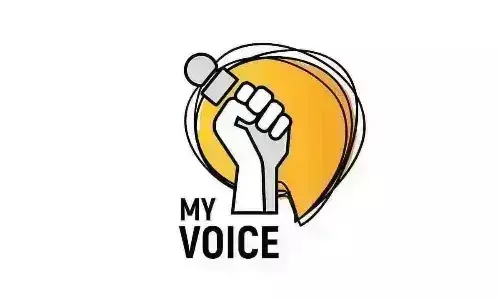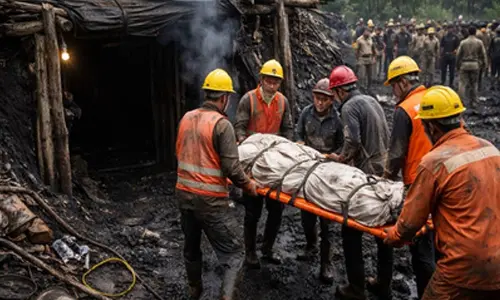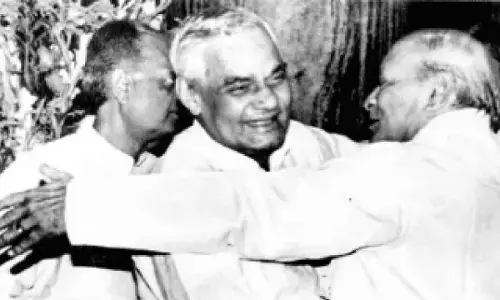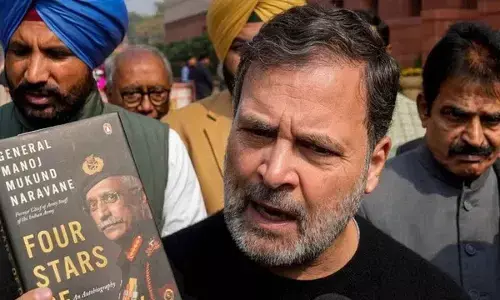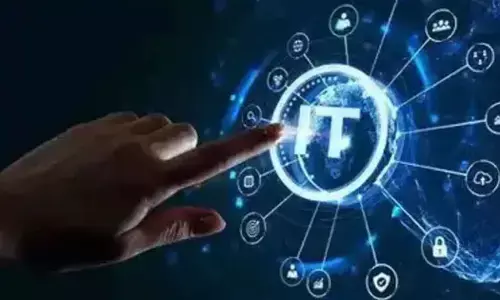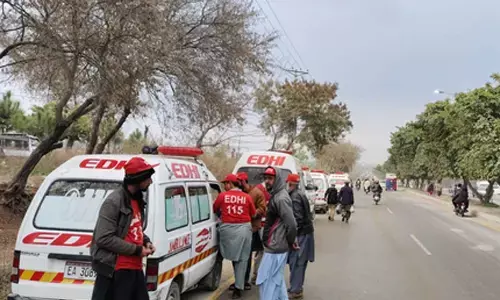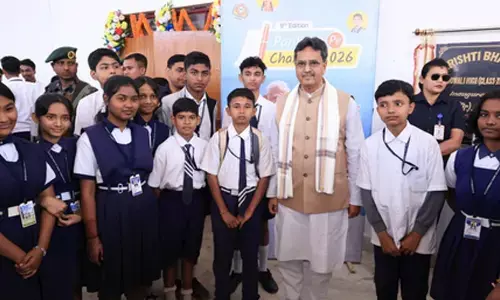My Voice: Views of our readers 23th April 2020
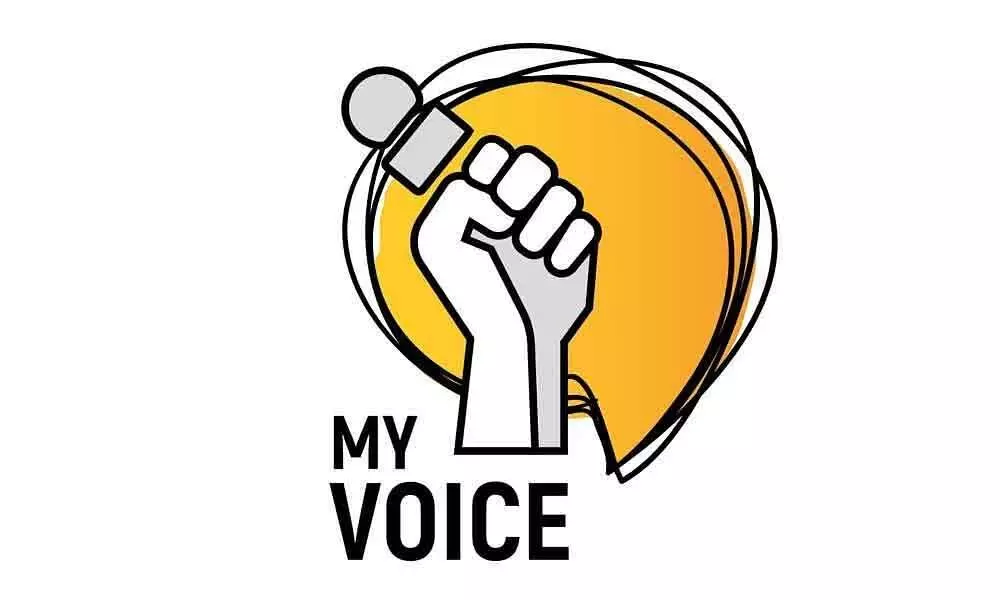
It is heartening that the articles covered in The Hans India from time to time, particularly during this crisis period in totality are giving moral boost to the citizens and even the editorials too are also drafted in that direction.
Inspiring articles, indeed!
It is heartening that the articles covered in The Hans India from time to time, particularly during this crisis period in totality are giving moral boost to the citizens and even the editorials too are also drafted in that direction. The articles of Karuna Gopal and Prof Murru Mutyalu Naidu
(April 22) deserve all the appreciation. In her article, Karuna Gopal compared India to mini- continent wherein she enlisted many nations to just show the magnitude of the problem/task faced by Indian leadership. She stressed the word 'unity in diversity' and also added that it is not a cakewalk to deal any situation in our country without hurting anyone. Surely the Indian leadership is concerned about the welfare of one and all without any partisan attitude. As such, the world is not only watching our leadership, but also how Indians are united in the fight against this coronavirus and how they exhibit solidarity at this crucial period. In his article, Prof Mutyalu Naidu describes the successful personalities and their contribution during similar out- breaks when the world faced such eventualities. Yes. We have to seize this opportunity, and everyone should utilise this calamity to hone their skills in whatever fashion they deem fit. We wish many more such positive and encouraging articles to boost the morale of everyone in the society.
Chivukula Rama Mohan, Hyderabad
Govts should keep in mind life post Covid-19
Various State governments have announced measures like slashing salaries of government employees. Andhra Pradesh and Telangana have announced pay cuts, Maharashtra is paying salaries in instalments, Odisha has deferred salaries. If public sector and government organisations can take decisions in contravention of the law, why shouldn't private companies be allowed to do so? Why should companies not be allowed to temporarily change or suspend some of the terms of their employment contracts, given the crisis? A business that is not doing well would rather save on its wage bill, than hold back EMIs to pay extra interest later.
While paying employees is every employer's moral duty and the government's advisories are examples of a noble idea but enforcing them legally means it is a crime to be a business owner, pay taxes and contribute to the country's development. Hopefully, that is not the message meant to be sent. The government should also bear in mind that, with a vaccine still 12-18 months away from mass production, people will reimagine their lifestyles after the Covid-19 crisis. It cannot be guaranteed that they will feel comfortable enough to go back to the life they knew. India has allowed a three-month moratorium on EMIs relating to business loans, but it's not certain how many businesses will be positively impacted. They are only saying that you don't have to pay now, but you have to at some point—and if the business is not doing well, businesses would rather save on salaries of their employees rather than save money now only to pay an extra interest three months.
Sadia Mariam Malik, Mehdipatnam, Hyderabad
Rapid test kits can be used at a later stage
For antibody-based rapid diagnostic test, the WHO says the majority of patients develop antibody response only in the second week after onset of symptoms. This means that a diagnosis of Covid-19 infection based on antibody response will often only be possible in the recovery phase. This translates into effective loss of opportunities for clinical intervention or interruption of disease transmission. The rapid test can, however, be used at a later stage to gauge herd immunity - how many in a given population have antibodies - to novel coronavirus infection. This also means that a sufficiently large number of pre-symptomatic or asymptomatic patients of Covid-19 may not actually be detected by rapid testing kits. Symptoms take up to 10 days to show in a coronavirus infected person. There is another caution that the WHO serves for antibody-based rapid test kits - the one India has imported from China and now placed a two-day bar on its use. The WHO says antibody detection tests targeting Covid-19 may also cross-react with other pathogens, including other human coronaviruses and give false-positive results. Remember SARS-CoV-2 is the seventh coronavirus to reach humans. This and two more - SARS and MERS coronaviruses - cause severe acute respiratory syndrome and aggravate other complications. WHO does not recommend the use of antibody-detecting rapid diagnostic tests for patient care. The world health body rather encourages the continuation of work to establish their usefulness in disease surveillance and epidemiologic research.
Dr Satish Rao, Visakhapatnam, AP








